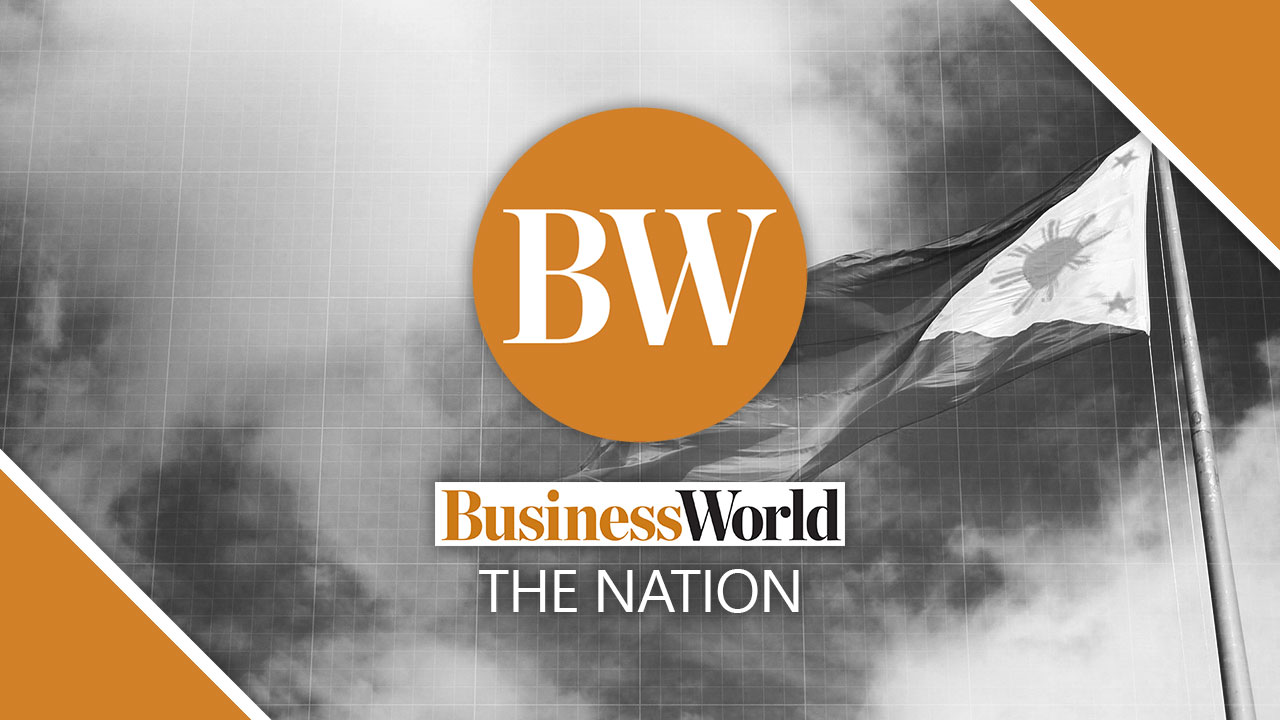From Business World (Feb 23, 2023): Philippine-Australia defense ties can be game changer — analysts (By Kyle Aristophere T. Atienza)

THE PHILIPPINES and Australia could initiate game-changing norms in the Indo-Pacific region amid increasing Chinese assertiveness in the South China Sea, security analysts said on Thursday.
“Australia and the Philippines are two middle powers in the Indo-Pacific region that could propel game-changing norms on the rules of engagement in case of any eventuality of open war,” Chester B. Cabalza, founding president of Manila-based International Development and Security Cooperation, said in a Facebook Messenger chat.
“This is now the new beginning of regional interoperability and the elevation of the network of alliances.”
Manila and Canberra on Wednesday committed to boost their defense ties, eyeing joint patrols in the South China Sea, which is being claimed by China almost in its entirety.
Aside from the South China Sea dispute, the Indo-Pacific region has also been beset by escalating tensions between China and self-ruled Taiwan and North Korea’s nuclear threats.
Australian Deputy Prime Minister and Defense chief Richard Marles told reporters on Wednesday Australia would boost its Indo-Pacific endeavor with more naval components, with the Philippines being a central component of it.
He met with President Ferdinand R. Marcos, Jr. on Wednesday, during which they talked about ways to boost the Philippine-Australia alliance. He also met with Defense Secretary Carlito G. Galvez, Jr. to discuss possible joint patrols in the South China Sea.
“The naval exercises of the two strategic partners are important to simulate maritime warfares,” Mr. Cabalza said. “It would also boost the familiarity of the incident command system, forward bases, and hard and soft military hardware of the two allies.”
He said Australia and the Philippines could stand on a moderate amount of economic and military strengths “and will not play the zero-sum game” — a situation where one’s gain is equivalent to another’s loss, so the net change in wealth or benefit is zero.
“Rather, they will achieve a win-win solution by safeguarding the regional security architecture.”
“Middles powers are known as balancers of powers between two opposing superpowers,” Mr. Cabalza said. “They are regarded as bridge builders for the US and China, and can become brokers and facilitators in maritime disputes.”
“Sustained engagements between the Philippines and Australia, including joint patrols in Philippine-claimed areas in the South China Sea, will significantly contribute to the national security of the two countries, as well as the collective maritime security of the Indo-Pacific region,” Victor Andres C. Manhit, president of local think tank Stratbase ADR, said in a Facebook Messenger chat.
He noted that Canberra has constantly supported a 2016 United Nations-backed arbitral ruling that voided China’s claim to more than 80% of the South China Sea.
“Australia is consistently one of Filipinos’ most trusted countries and remains a consistent partner for peace, stability, and security,” he added.
Michael Henry Ll. Yusingco, a policy analyst who is now living in Australia, said the Philippines should always take into consideration China’s reaction to plans for joint sea patrols.
“We have to see the complete picture here, regardless of partner or ally in this effort,” he said in a Messenger chat.
“The hope is that this will deter China from being aggressive in their movements in this area of the world,” he said. “That can happen obviously, but we also have to be prepared for the possibility that China will become even more aggressive than they already are.”
“So the possibility of armed confrontation must be part of the discourse regarding joint sea patrols,” he added.
The possibility of joint patrols between the Philippines and Australia comes on the heels of similar discussions between Manila and Washington about holding joint coast guard patrols, including in the South China Sea.
The Philippines has also given the US access to more military bases under their Enhanced Defense Cooperation Agreement.
“The sequence of developments here genuinely reflect that the US and its global allies are gunning for a ramped-up presence in the Indo-Pacific to contain risks of Chinese expansion,” said Halsey A. Juliano, a political economy researcher studying at Japan’s Nagoya University’s Graduate School of International Development.
‘IRONCLAD’
“The question now is whether China will try to find its allies in the Pacific as well as leverage its economic ties to Australia, East Asia and Southeast Asia,” he said via Messenger chat. “Or, will it go belligerent like Japan on the eve of Pearl Harbor or Russia right now in Ukraine?”
Meanwhile, the US Chief of Naval Operations has called Washington’s alliance with Manila ironclad, reiterating a commitment to strengthen security cooperation in the Indo-Pacific, the US Navy said in a statement.
“Our alliance with the Philippines is ironclad and indispensable, we have shared values and interests and are both committed to preserving a free and open Indo-Pacific,” Navy Officer Michael Martin Gilday said.
“We will continue to build on our strong alliance and strengthen our interoperability and mutual defense posture,” he added.
The naval chief met with US Ambassador to the Philippines MaryKay Carlson, Armed Forces of the Philippines Chief of Staff General Andres C. Centino and Philippine Navy Flag Officer in Command Vice Admiral Toribio D. Adaci, Jr. in Manila this week.
Discussions revolved around the maritime domain awareness and naval capabilities of both nations, as well as the value of the alliance to the regional’s peace and stability.
“We remain focused on enhanced security cooperation, combined training, humanitarian assistance and disaster relief operations,” Mr. Gilday said.
The two navies operate together regularly through exercises like the Pacific Partnership, Rim of the Pacific, Balikatan and SamaSama.
Mr. Gilday’s first visit to Manila was part of a regional tour that included a visit to Australia, another major security ally of the US. — with Alyssa Nicole O. Tan
https://www.bworldonline.com/the-nation/2023/02/23/506619/philippine-australia-defense-ties-can-be-game-changer-analysts/

No comments:
Post a Comment
Note: Only a member of this blog may post a comment.